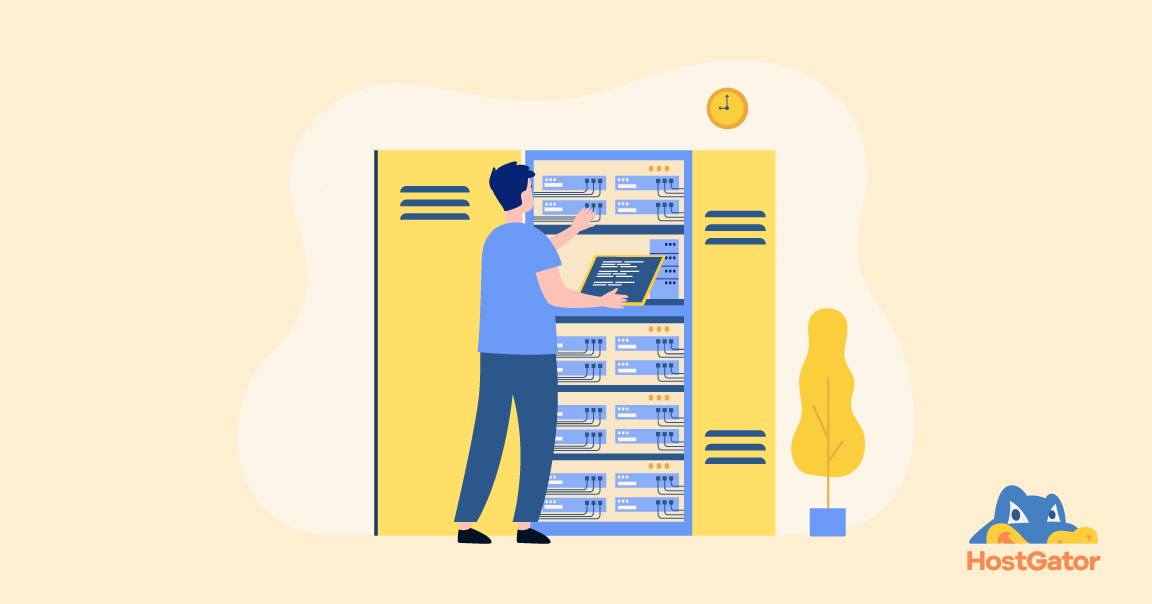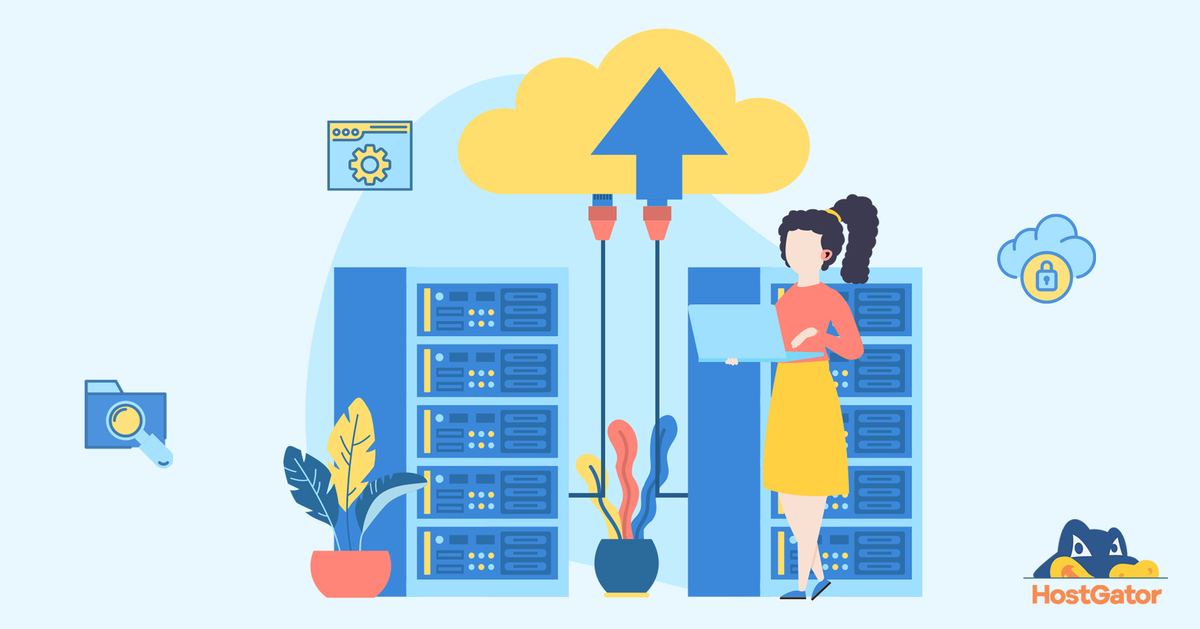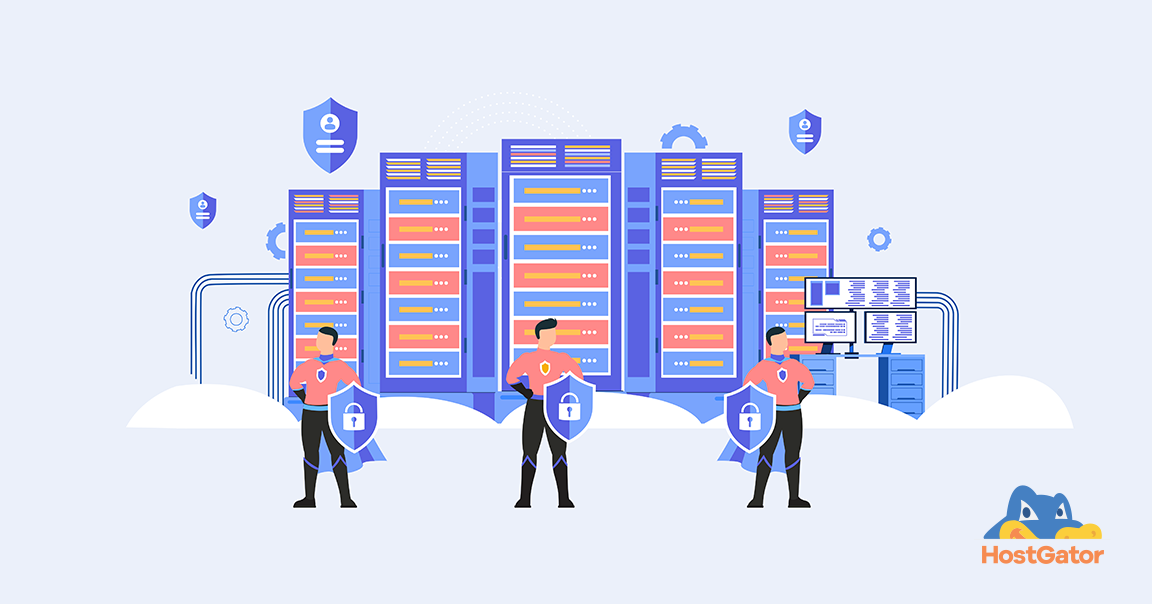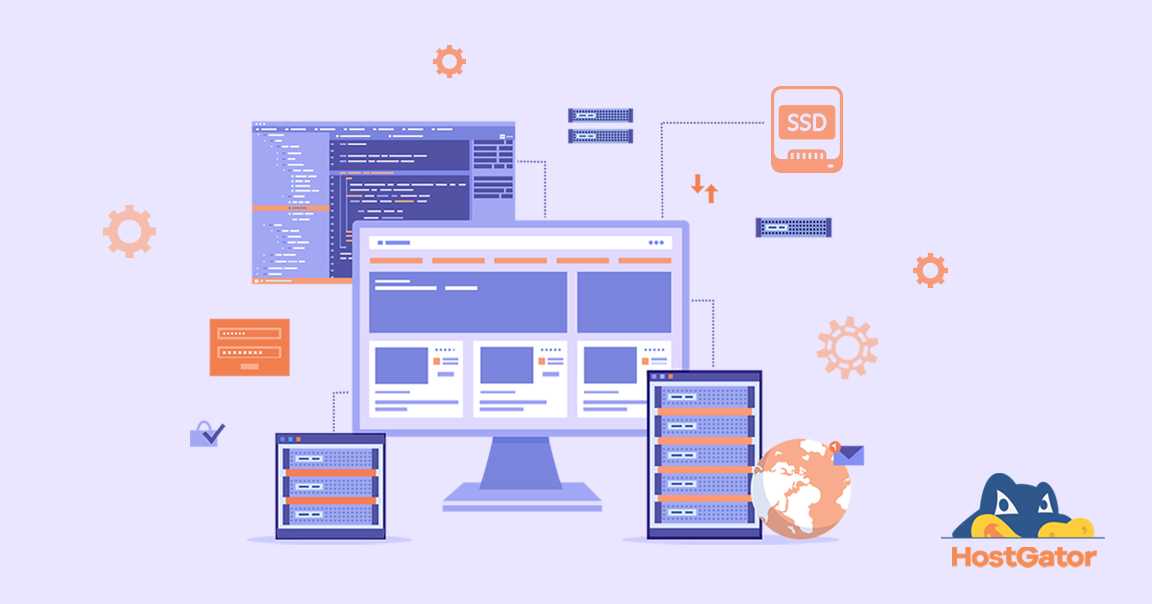Shared Hosting is a type of hosting where multiple websites use the resources of a single server. It’s an inexpensive way to host a website without compromising on the performance of your website which is partly why Shared Hosting is the most popular website hosting type in the world.
The working of Shared Hosting is quite simple, actually. The server acts as a huge pool of resources, including RAM, storage, and CPU cores. All the websites on the server have access to this pool of resources and use them as required. This infrastructure of sharing resources enables websites to share the cost too, making Shared Hosting quite inexpensive.
Given that hundreds of thousands of websites are hosted this way, over the years, a few security risks have come to the fore. This article lists five important risks and provides a method to deal with each one of them.
Five Security Risks with Shared Hosting
-
You don’t know who your server neighbours are
Web hosting companies have stringent privacy laws that they have to abide by and therefore, never disclose their customers’ list. So, you have no idea who (specifically, what sort of websites) you’re sharing the server with.
This becomes a problem when you consider the fact that spam websites and websites that are run illegally get blocked all the time. However, search engines cannot block a specific website. Instead, they block the entire server which, of course, blocks your website too.
Your website may get completely blocked and taken down even though you’ve done nothing wrong. That’s the risk.
Solution:
The solution to the problem is to choose web hosting companies that are reputable and have a proven, demonstrable history of offering reliable Shared Hosting companies and following fair usage practices. The industry leaders have a lot of reputation at stake and will not offer services to known culprits. Additionally, they also have a whole slew of measures in place to de-platform spam websites.
Sticking to leading web hosting companies will highly reduce the chances of your website being taken down. When looking for a Shared Hosting plan, always look for reviews on independent websites. That’ll give you all the information you’ll need.
-
Higher Chances of DDoS attacks
DDoS stands for Distributed Denial of Service and it’s a type of cyber attack where a server is overwhelmed with requests from multiple devices to a point where it cannot service the requests anymore and will either crash or worse still, completely shutdown.
This is particularly a serious issue with Shared Hosting because your website can get affected even if it isn’t under a DDoS attack. An attack of this sort affects the whole server, not just a single website. If your server is busy servicing requests for a single website under attack, your website will go down too because it has no resources available.
Solution:
Unfortunately, you cannot solve this problem entirely on your own. The responsibility of preventing a DDoS attack is shared between all the users of the server and the owners of the server. It’s the responsibility of your web hosting company to ensure that they have firewalls and malware detection and blocking tools.
As a user, the best way for you to contribute to the solution is by following the best cyber security policies that you can. This includes updating your applications routinely, having a two-factor authentication for your website, using strong passwords, and so on.
-
An attack on another website could compromise yours too
As mentioned before, in a Shared Hosting environment, all the websites on a server use the same pool of resources. If a hacker gains access to one of these websites, peeking at other websites isn’t too tough. Given that all the websites share the same IP address and similar general infrastructure, one compromised website puts all the other websites on the server at risk.
Solution:
Use malware protection and antivirus tools. Your web hosting company will have a list of applications that are natively supported. These applications will act as an additional layer of security for your website.
Additionally, configure your file permission settings. The idea here is to change the settings on your cPanel dashboard so that only you can access your files. There are tons of easy-to-follow guides available online and the process itself is quite easy to do. A few minutes spent on this will definitely help you in the long term.
-
Attack on your website specifically
We’ve looked at the various ways in which your website could be compromised even if other websites are attacked. However, as with any other form of hosting, your website can be specifically attacked too.
Business files, customer data, financial data — everything can be taken. However, your malware scanners and antivirus software should be able to prevent that from happening. What these applications cannot do is prevent hackers from running their own files using your server, redirecting them to spam websites, and so on.
Solution:
Most of these malicious scripts are run on PHP, a programming language. However, there’s an easy way to prevent this. Simply disable PHP execution on untrusted folders. This way, even if the hackers create new folders and files, those will be deemed untrustworthy and no PHP code will be executed, effectively preventing an attack.
-
Slow load time
While this may not seem like a direct security threat, one of the reasons that your website may slow down is due to a cyber attack. Irrespective of what type of attack it is and which particular website is targeted, in Shared Hosting, you’ll often see a hit to the performance that is so crippling that your website may simply stop working.
Solution:
If the problem has grown over time, it’s probably because your website is growing and needs more resources. However, if the problem is sudden and temporary, it may indicate an attack.
The best way to prevent this is by doing a combination of things including using a malware and antivirus tool, following all the best practices of cyber security, getting your Shared Hosting plan from a reputed web hosting company, and so on.
Conclusion
Security isn’t achieved by one tool or application, it has to be a comprehensive strategy. With a Shared Hosting plan, your hosting company essentially controls the server and therefore, it’s crucial that you choose a reliable web hosting company that can offer security along with reliability and speed. If these fundamentals are strong, you can stop worrying about your website and start growing your business.









